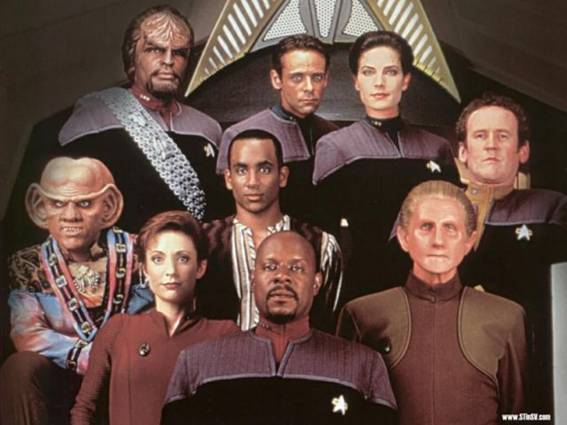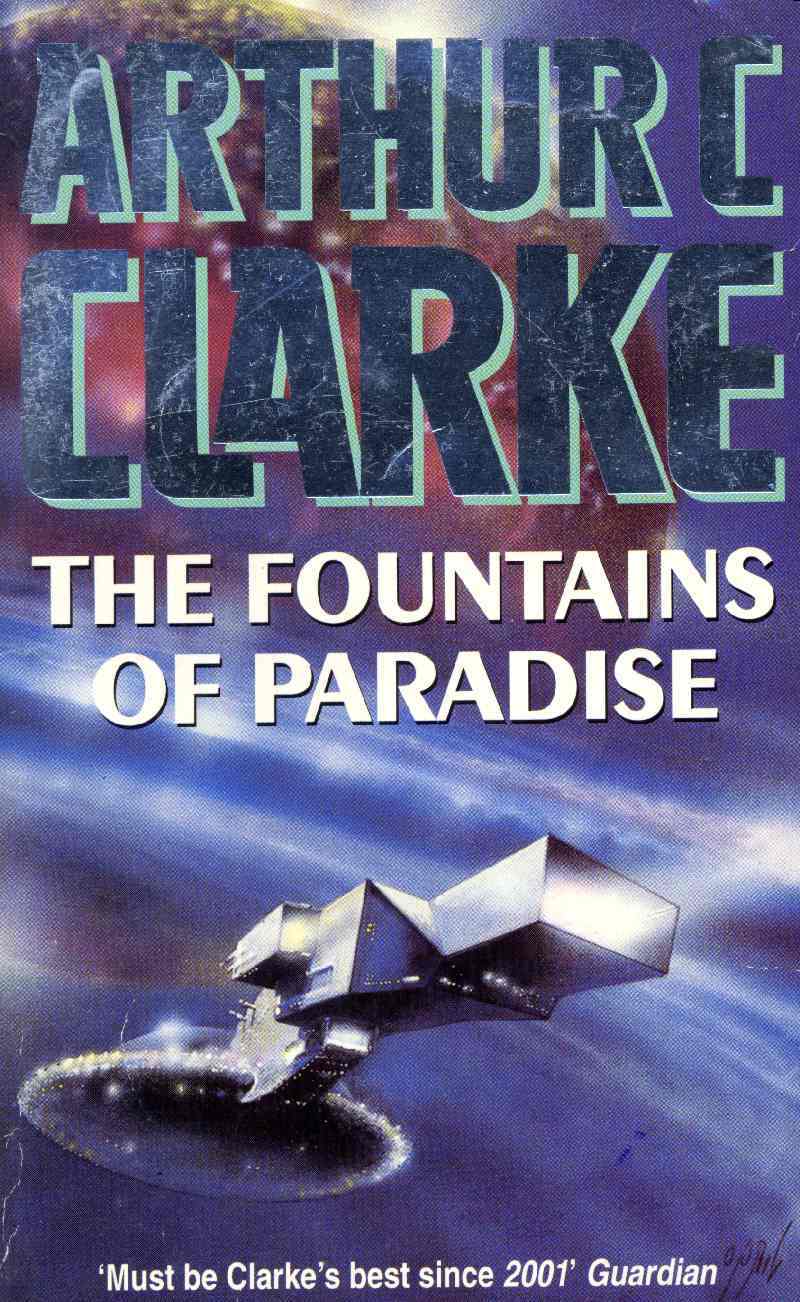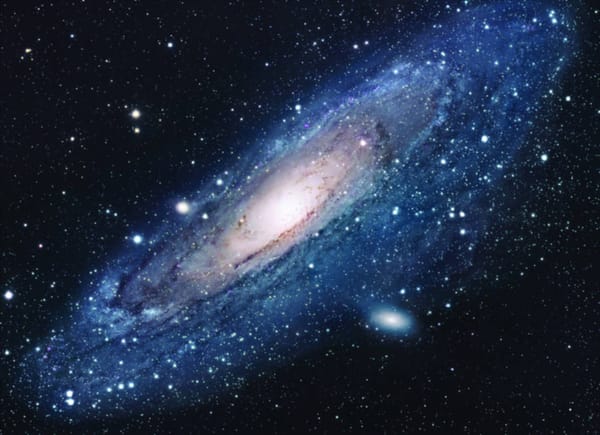Star Trek Deep Space Nine
It’s high time Maciej Matuszewski tackled one of the best known science fiction phenomena out there, Star Trek

Seeing how I’ve been doing this for a few weeks now I think it’s high time I tackled one of the best known science fiction phenomena out there, Star Trek. The franchise has been a massive success and even most people who aren’t fans can recognise Captains Kirk and Picard. My favourite Star Trek show, however, is a bit more obscure than The Original Series or The Next Generation; it is, in fact, Star Trek Deep Space Nine.
The only Star Trek show set on a space station, this allows it to have far longer story arcs than those of its predecessors: the heroes couldn’t simply fly away from the issue of the week at the end of an episode. Don’t get me wrong, single episode stories can still be very good, as was shown by the brilliant Next Generation, but personally I prefer the plot to be allowed to grow and develop. While it has nowhere near the depth of Babylon 5, which it was initially accused of copying, the overarching story is still very satisfying.
All of the Star Trek shows tried to cover serious issues but Deep Space Nine does it the best. Who can forget the powerful examination of the horrors of war in “The Siege of AR-558”? The show is also helped by very well developed, and even morally ambiguous, characters. Gul Dukat is, in my opinion, one of the best Star Trek villains ever: responsible for the brutal occupation of a peaceful alien planet yet strongly believing that what he is doing is right and caring deeply for his daughter. Or take my favourite character, Garak, a former spy and assassin who befriends and often helps many of the main cast and yet tortures the station’s security chief when he believes this is necessary to help his people.
That is not to say that the show is without flaws. It has its fair share of technobabble and stupid moments. In the pilot episode, for example, the science officer was asked by Captain Sisko to study an alien artefact he’d been given. This task simply consisted of repeating the order to the computer and literally going to sleep for a few hours.
The acting was also often far from brilliant. While some have praised Avery Brooks’ portrayal of Sisko, to me it seems that he says most of his lines in a dull monotone. Nana Visitor and Rene Auberjonois are good at playing angry and gruff respectively, which is lucky as these are their characters’ default states, but terrible at portraying other emotions. Auberjonois’ smile in “The Search”, when his character discovers other members of his species for the first time, looks even more fake than Gordon Brown’s, though admittedly this could have been due to his makeup.
These issues, however, are all easily ignored in the face of what is a truly great show.








